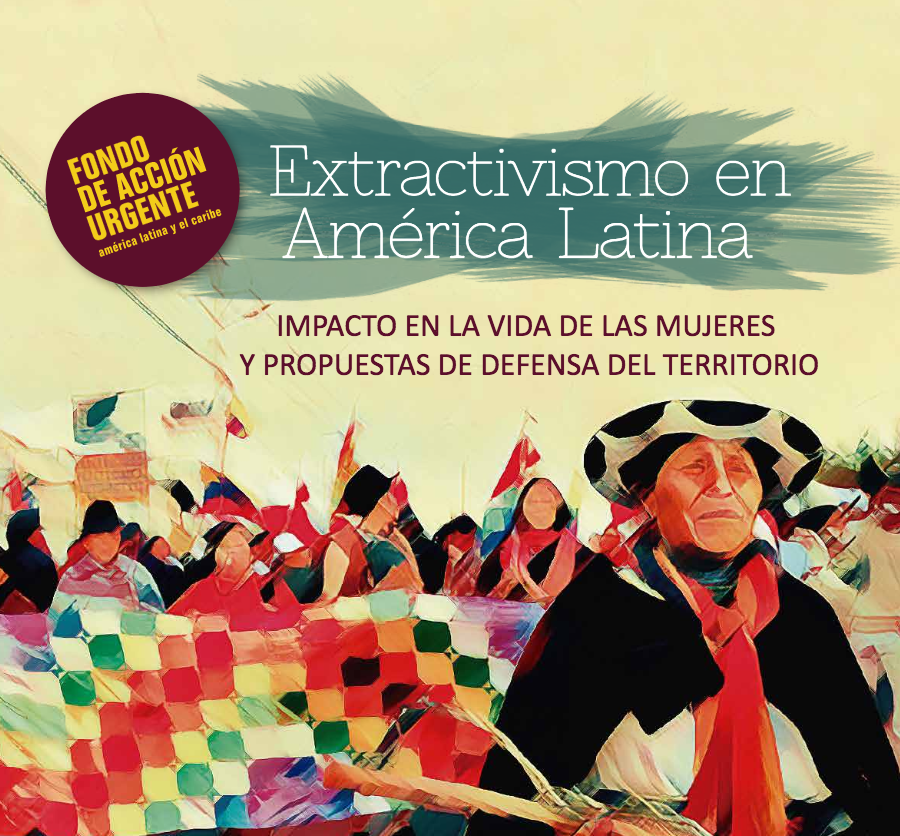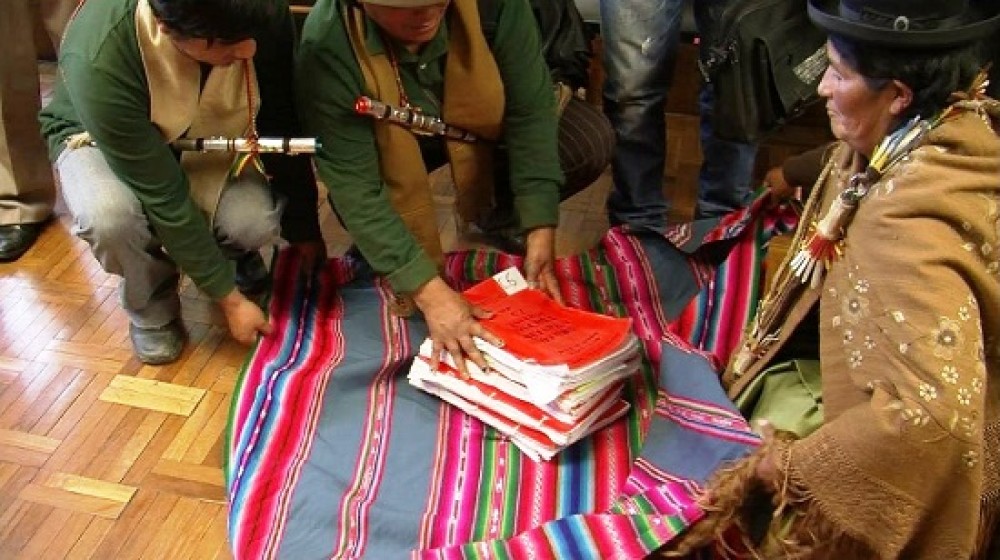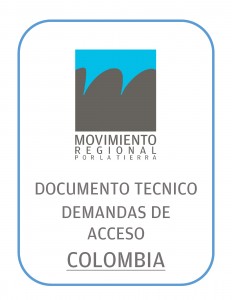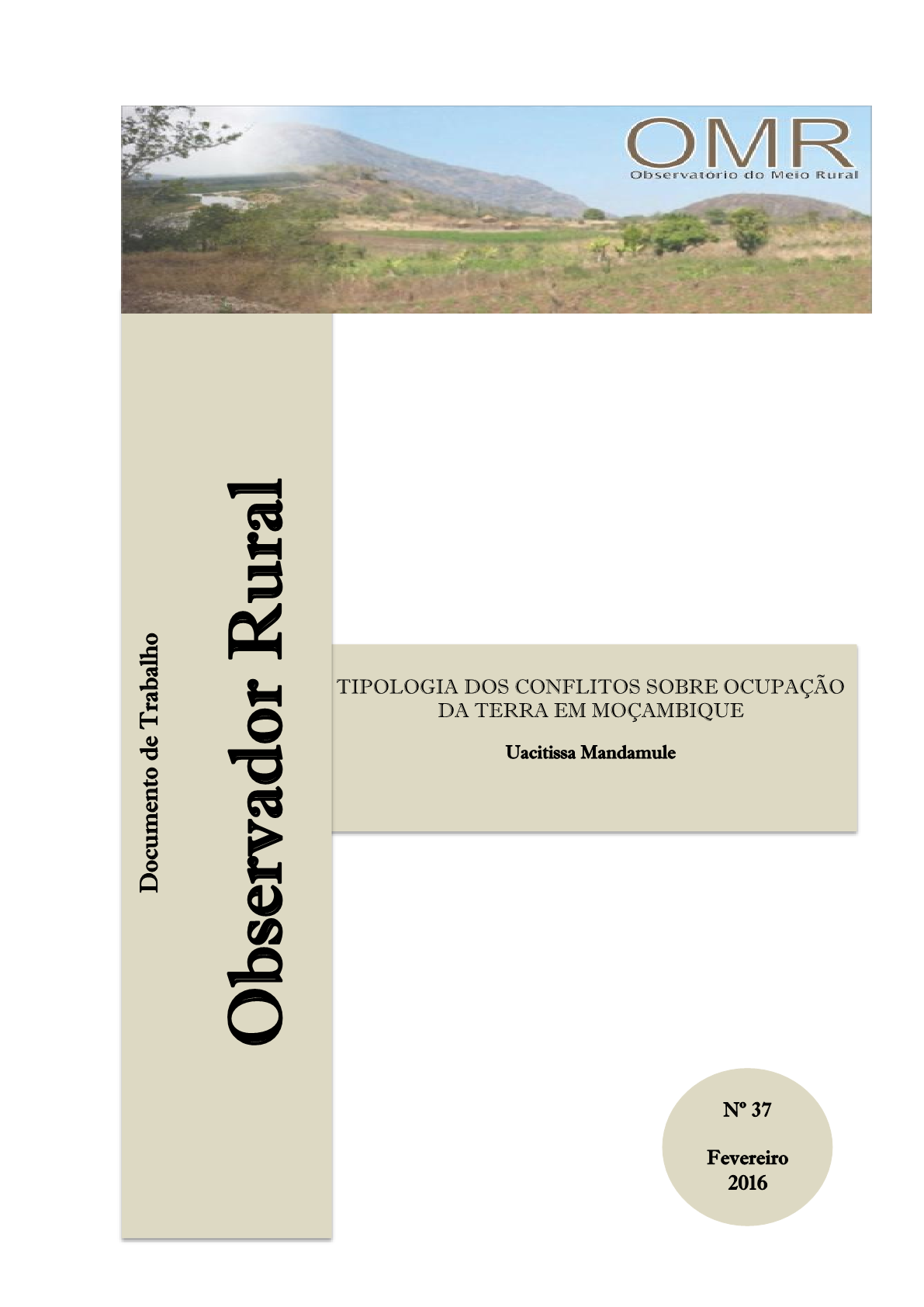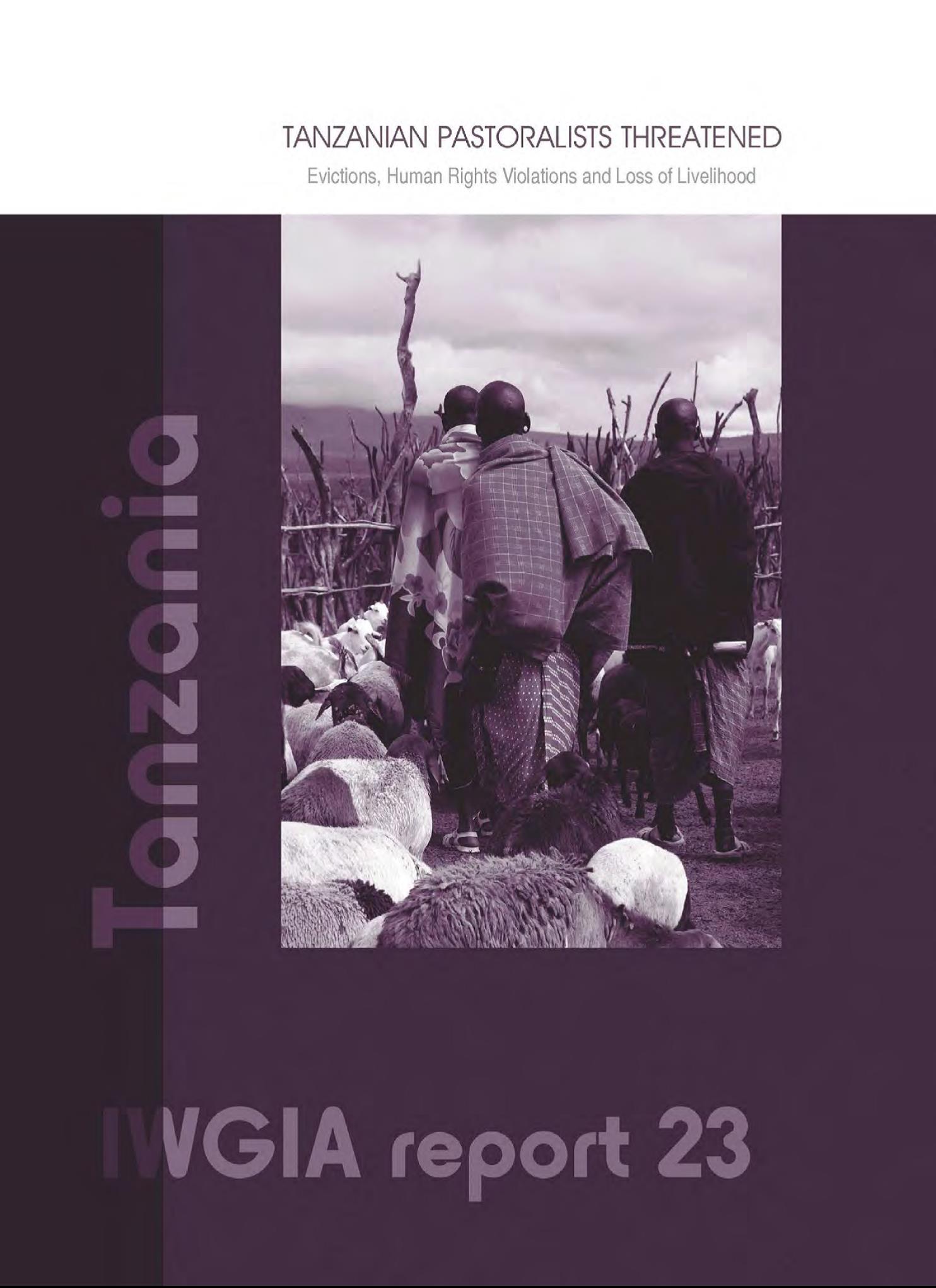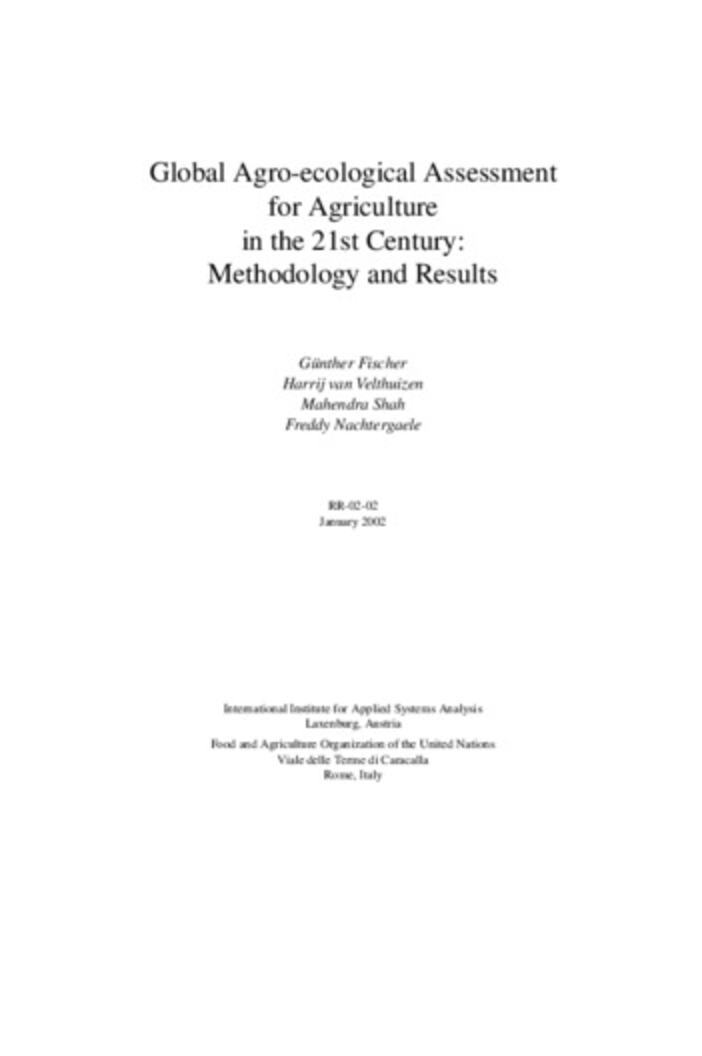Extractivismo en América Latina
Con el objetivo de fortalecer las luchas de las mujeres elaboramos en 2014 los documentos Estándares internacionales de los derechos de las mujeres en relación al medio ambiente y los territorios y Mujeres, territorios y medio ambiente. Estado de la Cuestión en América Latina. En nuestra apuesta por la producción colectiva de conocimiento publicamos en 2016 el libro Mujeres Defendiendo el Territorio.

